Blending Engineering, Entrepreneurial Mindset, and an Appreciation for the Variety of the Human Condition
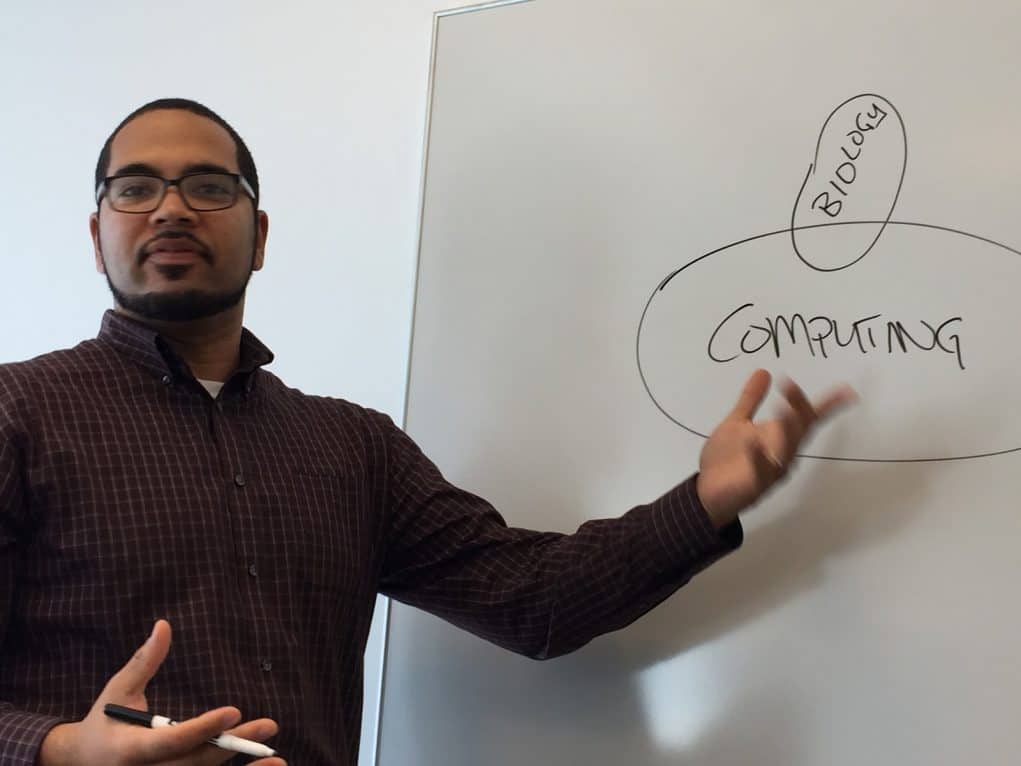
The World Wide Web came to life while Amon Millner was in high school in Portland. He took computer classes and found programming jobs in the summer. Recognizing the exponential increase in computing, Millner studied computer science at USC and Human-Computer Interaction at Georgia Tech.
“As a young African American male growing up in Portland, I could see that the opportunity landscape was very different for some people,” said Millner.
He recognized “an open area of exploration” as the world of computing created a new opportunity landscape. He was “Always interested in empowering people” and “gravitated toward the psychology of humans informing computing,” and to do it before historical patterns of discrimination were adopted.
Millner took his interest in empowered computing to the MIT Media Lab where he worked on Scratch, a programming language for young children, with the Lifelong Kindergarten team.
Dr. Millner (@admillner) joined the faculty at the innovative Olin College of Engineering, in 2012. A recent MIT study recognized Olin as the global leader in engineering education. We recently sat down with Millner and recorded a podcast episode you can listen to here.
On equitable AI. Millner is committed to identifying and occupying emerging areas just as they are being defined, “to invent the future and get people on board before doors are closed, to create a different opportunity landscape.”
Artificial intelligence and machine learning, now behind the scenes in every aspect of life, just mirrors the data its fed. Like the rise of the web twenty years ago, Millner sees the rise of AI as a time to show up at the formation of a new era and ensure equity and empowerment.
“Because math is involved people think it leaves out bias, but it’s only operating on the data from humans,” said Millner stressing that if the data is inequitable, bias will be present in the recommendations for who gets a job, who gets a loan, and who goes to jail.
“We need diverse teams to study how we’re applying algorithms to ensure that we treat people fairly,” said Millner. And he’s worried that right now these decisions are being made by teams that are not very diverse in race and gender.
Integrated learning at Olin. Millner appreciates the way learning is connected across fields at Olin, a lab school formed 22 years ago “with the goal of fueling the technical innovation needed to solve the world’s complex future challenges.”
Millner appreciates how the Olin faculty “blend engineering, entrepreneurial mindset, and an appreciation for the variety of human conditions,” into integrated hands-on project-based experiences.
“Every student is exposed to collaborative user-oriented design…from the moment they walk in, to capstone project that involves corporate partners or developing regions.”
Computing is woven into projects when and where it’s appropriate at Olin. Students get great exposure to interdisciplinary computing as they begin to imagine new fields of study.
Toolkits for personal explorations in computing allow students to go beyond introductory courses. Some involve machine learning, some cryptography, “it’s choose your own adventure, use what’s relevant,” added Millner.
On equitable engineering. To better attract underrepresented groups into engineering and technical fields, Millner urges starting early before gender identities are formed and before high stakes testing narrows the curriculum.
In secondary schools, he sees 50-minute blocks get in the way of projects that would allow students to go deep and make connections.
“We want the learner experience here mirrored in as wide a range as possible,” said Millner. That’s why he’s working with big state universities serving diverse commuter students.
Millner and Olin model the active, integrated, purposeful and inclusive learning to which all young people deserve access.
For more, see:
- Reengineering HigherEd: Student-Centered Learning at Olin College
- Project Based Engineering at Olin College (podcast with Olin students)
- How to Be Employable Forever
- Skip Coding, Teach Data Science
Stay in-the-know with innovations in learning by signing up for the weekly Smart Update.
This post was originally published on Forbes.



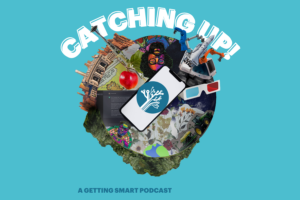

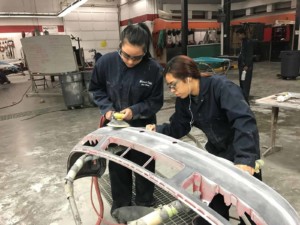
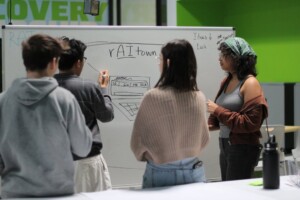
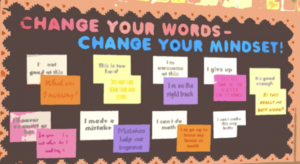
0 Comments
Leave a Comment
Your email address will not be published. All fields are required.